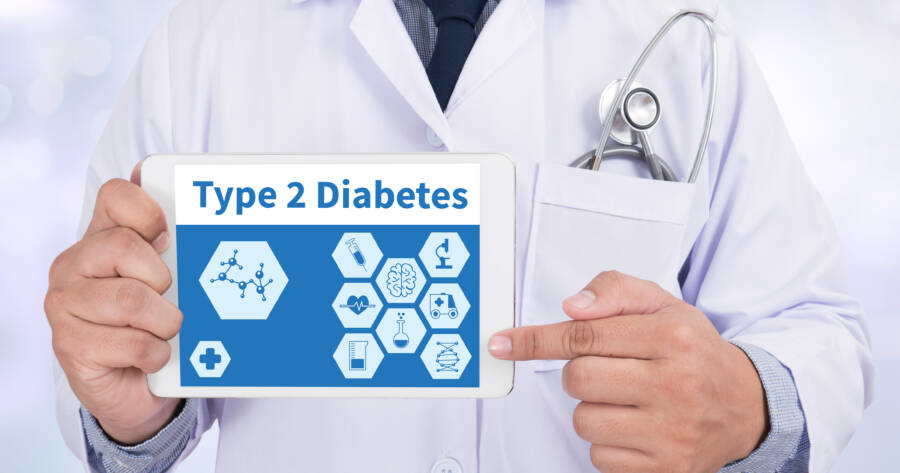Recognizing type 2 diabetes in its early stages is crucial for managing the condition. Treatment options can slow progression before diabetes leads to more severe health complications. Discover the warning signs and talk to your doctor if they develop.
Unraveling Type 2 Diabetes
Type 2 diabetes is a chronic condition that affects the way your body metabolizes sugar (glucose), an important source of fuel for your body.1 With type 2 diabetes, your body either resists the effects of insulin — a hormone that regulates the movement of sugar into your cells — or doesn’t produce enough insulin to maintain normal glucose levels. This leads to an accumulation of sugar in your bloodstream, which can have serious health consequences if left untreated.
While the exact cause of type 2 diabetes is unknown, factors such as genetics, excess body weight, inactivity, and poor diet are believed to play a role in its development. Symptoms of type 2 diabetes can be subtle and easy to dismiss, which is why early detection and intervention are crucial in managing the condition effectively. By understanding the underlying mechanisms of type 2 diabetes, individuals can make informed decisions about their health and well-being.
By unraveling the complexities of type 2 diabetes, individuals can empower themselves with knowledge and take proactive steps towards prevention and management. Through education, lifestyle modifications, and regular monitoring, individuals can navigate the challenges posed by type 2 diabetes and lead fulfilling lives. Remember, knowledge is power when it comes to your health.
Early Detection Key to Managing Type 2 Diabetes
Recognizing the early signs of type 2 diabetes is crucial for timely intervention and effective management of the condition.2 Common symptoms of type 2 diabetes include increased thirst, frequent urination, unexplained weight loss, fatigue, blurred vision, and slow-healing sores. However, some individuals may not experience any symptoms at all, making regular screenings and check-ups essential for early detection.
Early diagnosis of type 2 diabetes allows healthcare providers to implement appropriate treatment plans, which may include lifestyle changes, medication, and monitoring blood sugar levels. By identifying the condition in its early stages, individuals can prevent or delay the onset of complications such as heart disease, nerve damage, kidney problems, and vision loss. Taking proactive steps towards early detection can significantly improve the quality of life for individuals with type 2 diabetes.
Remember, knowledge is power when it comes to managing type 2 diabetes. By staying informed, being aware of the risk factors, and seeking medical advice when needed, individuals can take control of their health and well-being. Early detection is key to effectively managing type 2 diabetes and minimizing its impact on daily life.
Effective Treatment Strategies for Type 2 Diabetes
Exploring the various treatment options for type 2 diabetes is essential in developing a personalized approach to managing the condition. Treatment strategies for type 2 diabetes may include lifestyle modifications such as healthy eating, regular exercise, and weight management. Additionally, medications such as oral glucose-lowering drugs, insulin therapy, and other injectable medications may be prescribed to help control blood sugar levels.
In some cases, healthcare providers may recommend monitoring blood sugar levels at home, as well as regular check-ups to assess the effectiveness of the treatment plan. It is important for individuals with type 2 diabetes to work closely with their healthcare team to tailor a treatment regimen that meets their specific needs and goals. By actively participating in their care, individuals can optimize their treatment outcomes and improve their overall quality of life.
Learn More About Type 2 Diabetes
Remember, there is no one-size-fits-all approach to managing type 2 diabetes. Each individual is unique, and treatment plans should be customized to address their specific circumstances. By exploring the available treatment options, individuals can make informed decisions about their health and well-being. Take the first step towards effective management of type 2 diabetes by seeking information and guidance from trusted sources.
